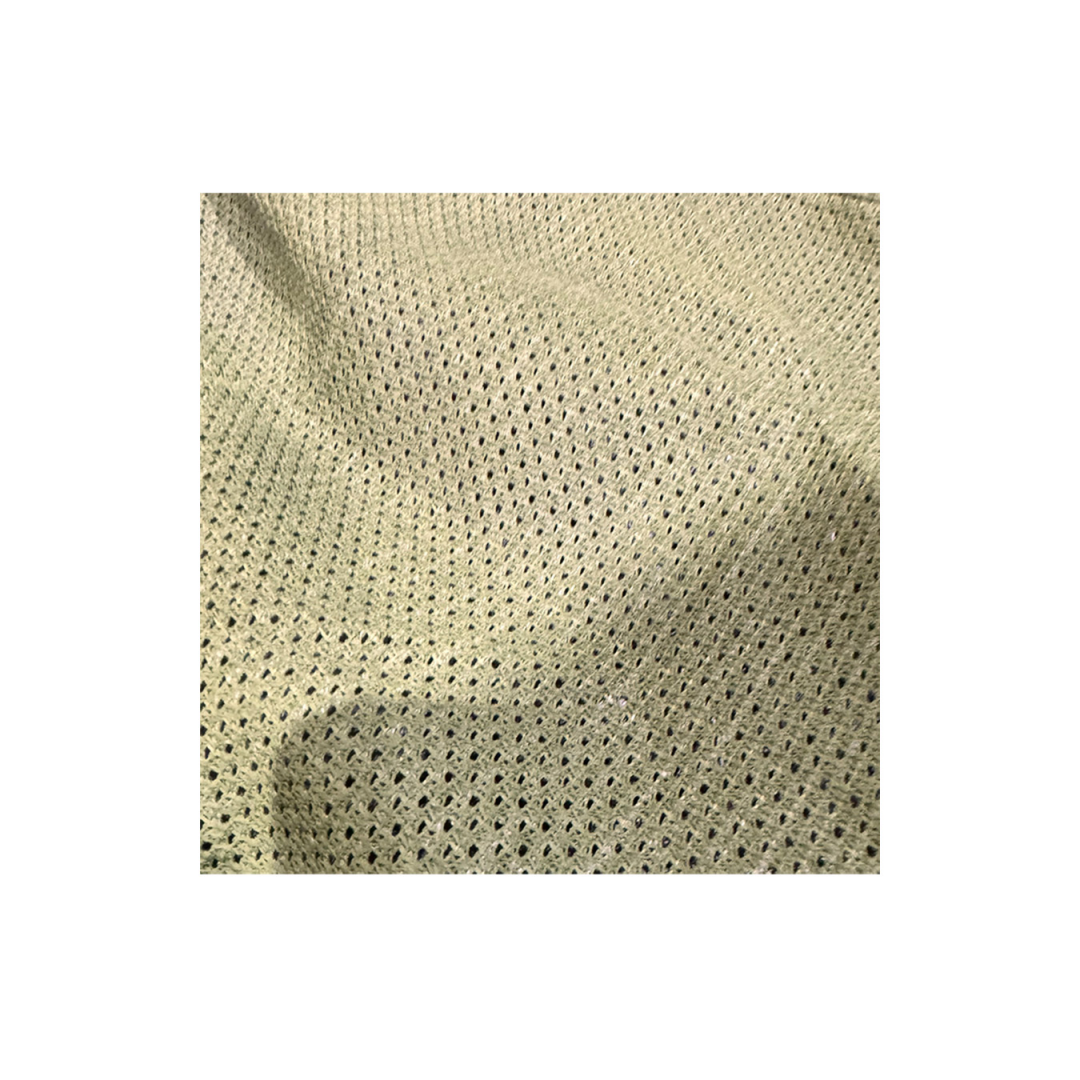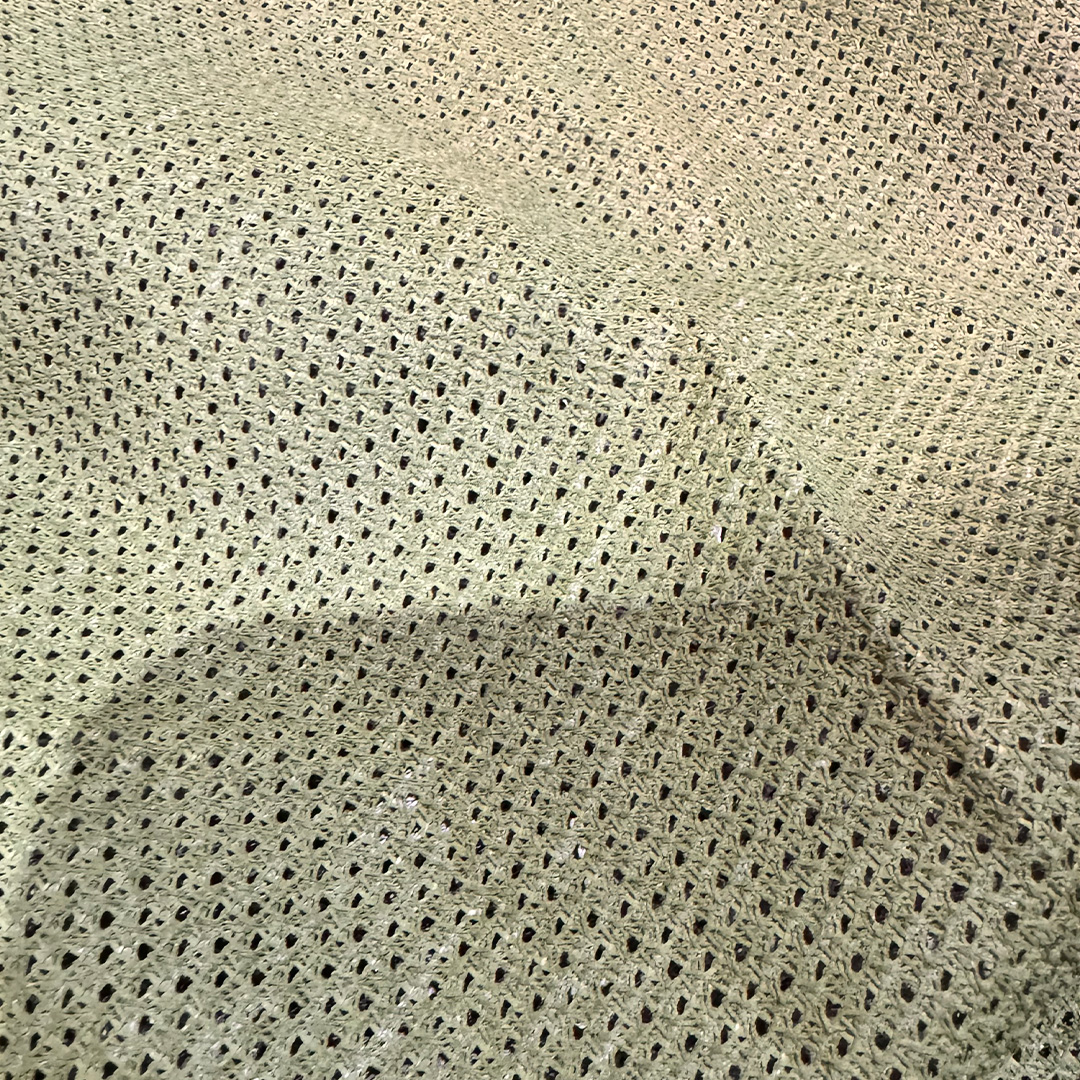Static Cloaking Network
Static concealment network eliminates the possibility of tactical vehicles being detected against multispectral sensors used in field operations.
Its protection features:
• VIS – Visible: Since its camouflage is compatible with the field and its colors are matte, it provides camouflage in the visible spectrum.
• NUV – Near Ultraviolet: Thanks to its color pigments, it provides protection in the near ultraviolet spectrum.
• NIR – Near Infrared: Thanks to its color pigments, it provides protection in the near infrared spectrum.
• TIR – Thermal Infrared: Thanks to its color pigments, it provides protection in the thermal infrared spectrum.
• RADAR – Radio Wave: Thanks to its structure that significantly absorbs the energy of RADAR signals, it provides effective protection against detection by RADAR systems.
Static Cloaking Network

Static concealment network eliminates the possibility of tactical vehicles being detected against multispectral sensors used in field operations.
Its protection features:
• VIS – Visible: Since its camouflage is compatible with the field and its colors are matte, it provides camouflage in the visible spectrum.
• NUV – Near Ultraviolet: Thanks to its color pigments, it provides protection in the near ultraviolet spectrum.
• NIR – Near Infrared: Thanks to its color pigments, it provides protection in the near infrared spectrum.
• TIR – Thermal Infrared: Thanks to its color pigments, it provides protection in the thermal infrared spectrum.
• RADAR – Radio Wave: Thanks to its structure that significantly absorbs the energy of RADAR signals, it provides effective protection against detection by RADAR systems.
